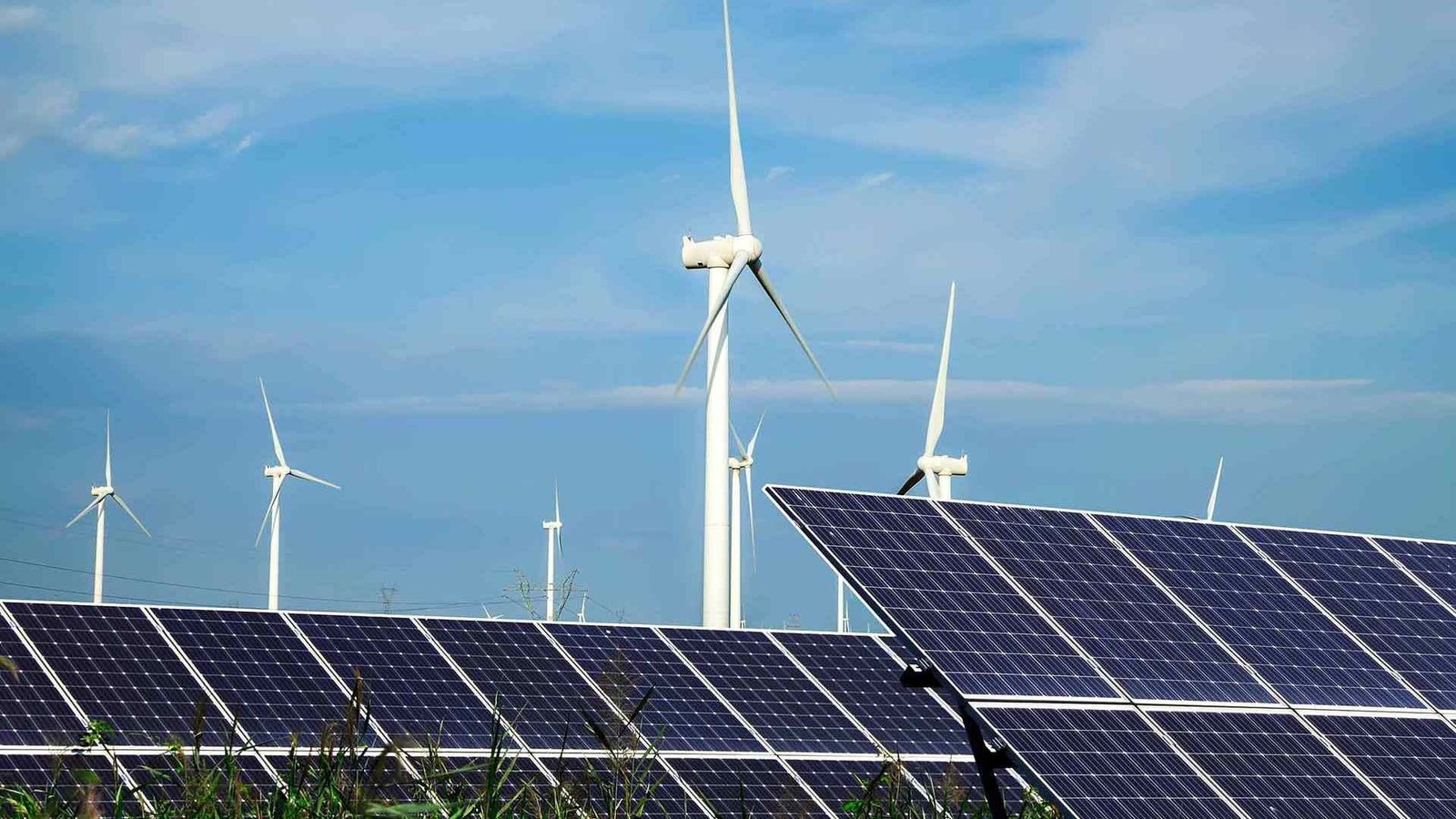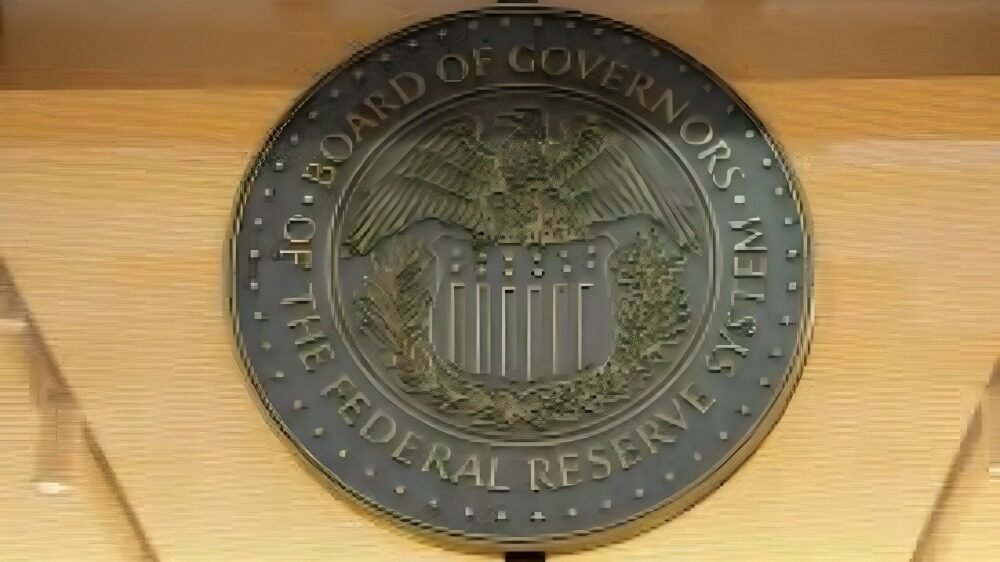Renewable energy in UAE retail is no longer an idea for the future; it is becoming a reality that is reshaping how people shop and how businesses operate. From solar-powered warehouses to electric deliveries, the retail ecosystem is turning greener, faster, and smarter. This shift is aligned with the country’s broader ambition to achieve net-zero emissions by 2050, showing how commerce can grow while remaining sustainable.
The Rise of Mobile Shopping
Mobile retail has grown at a breathtaking pace in the UAE. With almost every resident using a smartphone, shopping through apps has become part of daily life. The value of e-commerce is expected to exceed AED 48 billion by 2028, fueled by demand for convenience and speed. Yet this expansion comes with a cost energy-intensive warehouses and constant deliveries increase emissions. By investing in renewables, the sector is addressing these challenges without slowing its growth.
Government Push for Clean Energy
The UAE has placed renewable energy at the center of its long-term strategy. In 2023, the country generated nearly 13.8 terawatt-hours of renewable electricity, largely from solar power. National policies such as the UAE Net-Zero 2050 Strategy and Energy Strategy 2050 have set ambitious goals, including making renewables half of the total energy mix by mid-century. For retail, these policies provide a framework that supports investment in solar, wind, and clean mobility solutions.
Eco-Deliveries on the Streets
Delivery vans and bikes are the most visible part of mobile shopping, and they are quickly going green. In Dubai, the electric vehicle infrastructure has expanded rapidly, with more than 1,270 public chargers now available. The city’s EV Green Charger programme has supplied enough power since 2015 for electric vehicles to cover nearly 195 million kilometres. Retailers are using this network to operate electric delivery fleets, while food and grocery apps are piloting electric bikes. These eco-deliveries reduce emissions, cut fuel costs, and improve urban air quality.
Smart Warehouses at the Core
While consumers see the delivery, the backbone of retail lies in warehouses. These facilities are undergoing a sustainability makeover. Rooftop solar panels, IoT-controlled cooling systems, and efficient lighting are becoming standard features. Robotics and automation are also reshaping operations, powered by renewable energy sources. In major hubs like Dubai and Abu Dhabi, such smart warehouses reduce energy use and make order fulfillment quicker, ensuring shoppers receive their purchases on time while lowering the environmental impact.
Technology Driving Change
Innovation is accelerating the integration of renewable energy in retail. Artificial intelligence is being used to plan delivery routes more efficiently, reducing energy consumption. Battery storage technology is advancing, making renewable power more reliable for warehouses that run around the clock. Blockchain tools are emerging to create transparent supply chains that track sustainability efforts. These technologies demonstrate that renewable adoption is not just about energy, it is about building smarter systems across the entire retail chain.
Real-World Examples in the UAE
The country already offers strong examples of progress. Masdar City in Abu Dhabi is a living model of clean infrastructure, with logistics powered entirely by renewable energy. In Dubai, several companies are adopting solar-powered distribution centers and piloting green delivery solutions such as drones. Sharjah is also investing in renewable-backed logistics facilities. These initiatives illustrate how retail players, large and small, are turning sustainability goals into everyday practices.
Challenges to Full Adoption
The path toward renewable integration is not without obstacles. High upfront costs for solar infrastructure and electric vehicle fleets can be difficult for smaller businesses to manage. While Dubai and Abu Dhabi are leading in infrastructure, some regions still lack charging networks and renewable-ready warehouses. Seasonal spikes in shopping, especially during Ramadan, put additional pressure on logistics systems. Addressing these issues requires continued investment, skilled workforce training, and strong partnerships between government and the private sector.
The Road Ahead
Despite the challenges, the direction is clear. The UAE’s long-term renewable energy investments and national targets for electric mobility are creating a strong foundation. Retailers that adopt sustainable practices now are reducing their environmental impact and building trust with customers who value eco-friendly choices. Over time, renewable-powered warehouses and electric delivery fleets will become the norm, not the exception, across the Emirates.
Toward Greener Shopping
Renewable energy in UAE retail is rewriting the rules of commerce. Shopping is becoming faster, cleaner, and more efficient, powered by solar energy and delivered by electric vehicles. Smart warehouses are cutting waste while ensuring speed, and innovation is opening new possibilities every year. For the UAE, this transformation is more than a business trend it is part of a national journey toward net-zero by 2050. For consumers, it means that every purchase can contribute to a greener tomorrow.
From your view, Is renewable energy in retail more of a challenge or an opportunity? Drop your opinion in the comments.




